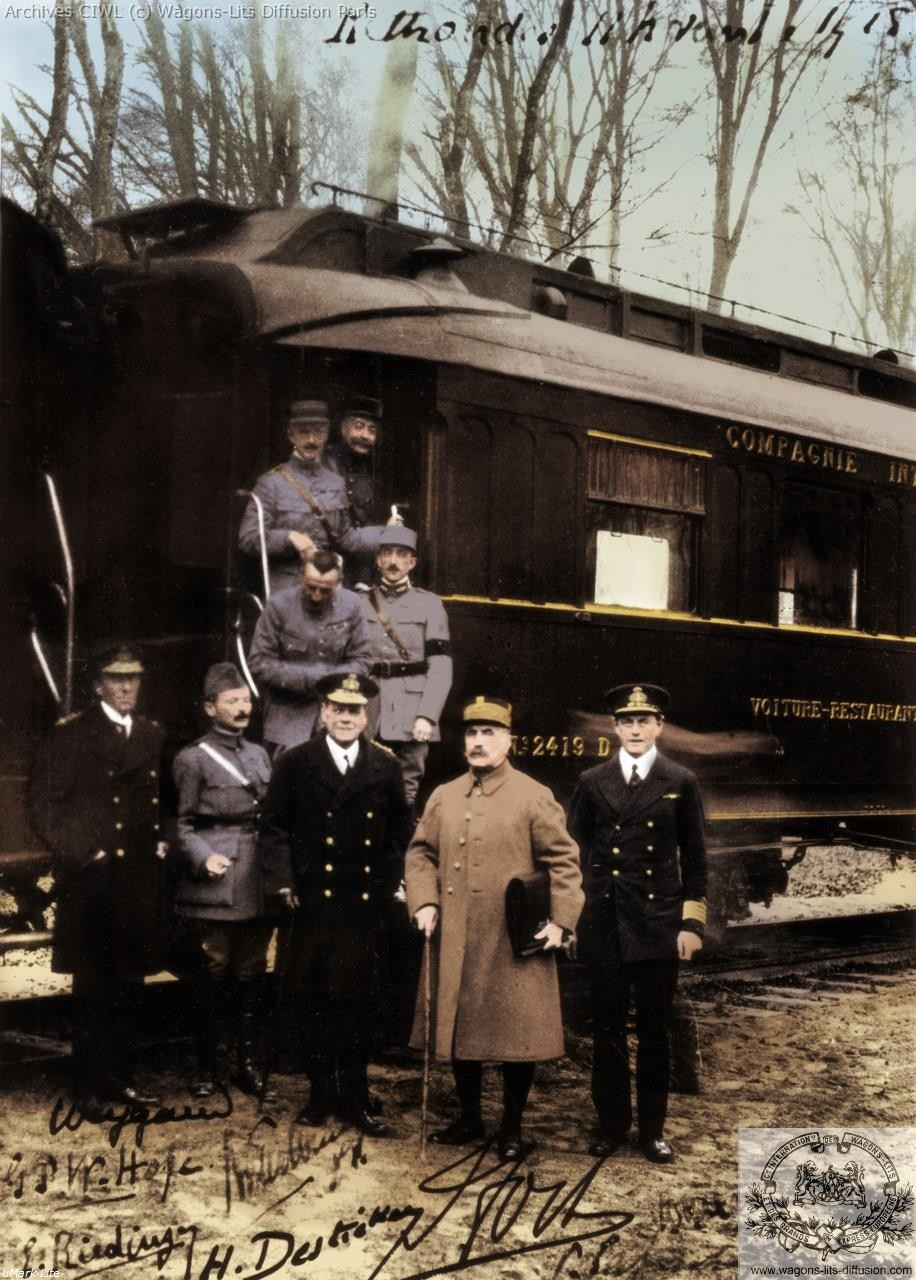Secret train that propelled Britain to victory
- Friends of the NRM
- Mar 29, 2020
- 2 min read
Updated: Jul 27, 2022

In 1942, when leaders of the free world were preoccupied with planning the downfall of Hitler, VIP travel plans involving Britain's railways were placed firmly under wraps, so allowing Winston Churchill and Dwight D Eisenhower to travel countrywide with minimum delay. A number of special trains were put together for senior military and political figures. Two were for Churchill and the Chief of the Imperial General Staff (General, later Field Marshall, Sir Alan Brooke). Another, code-named ‘Rapier’, emanated from the London & North Eastern Railway at Doncaster, and was for the use of General Montgomery. The last of the four, with the code-name ‘Alive’ was assembled by the Great Western Railway at Swindon for General Eisenhower in his role as the Supreme Allied Commander in Europe, and saw service firstly in the UK and then, after the invasion, in Europe. Sir Nigel Gresley’s famous streamlined A4 class of locomotive would have been one of the types to haul these trains while on the LNER.
Albert Philips was a 23 year old booking clerk working at Kings Cross Station. It was not unusual to be called up by the war office at that time, but in 1942 Philips' assignment was to become Eisenhower’s personal assistant on the LNER trains. The Lance Bombardier kept a journal of his time spent with Eisenhower and Churchill - detailing in the 77 page diary found by Philips' grandson how Churchill was on route to the city of Rheims in the weeks leading to the surrender of Germany. The diary describes the close friendship of the gunner and the General. The diary is said to include the journeys taken from 1942 to 1945, and appears to be the only record of what happened on that train.

Albert Philips was later promoted to the rank of Sergeant. When the war was over Philips went back to the railway industry. He died aged 56 in 1972. This soldier’s story reminds us of his important contribution to both the army and the railway industry, each working together to bring about global peace. Railways continue to be an effective way of securing the army’s transport in times of conflict and peace.
May Willsher
[K11]





Comments